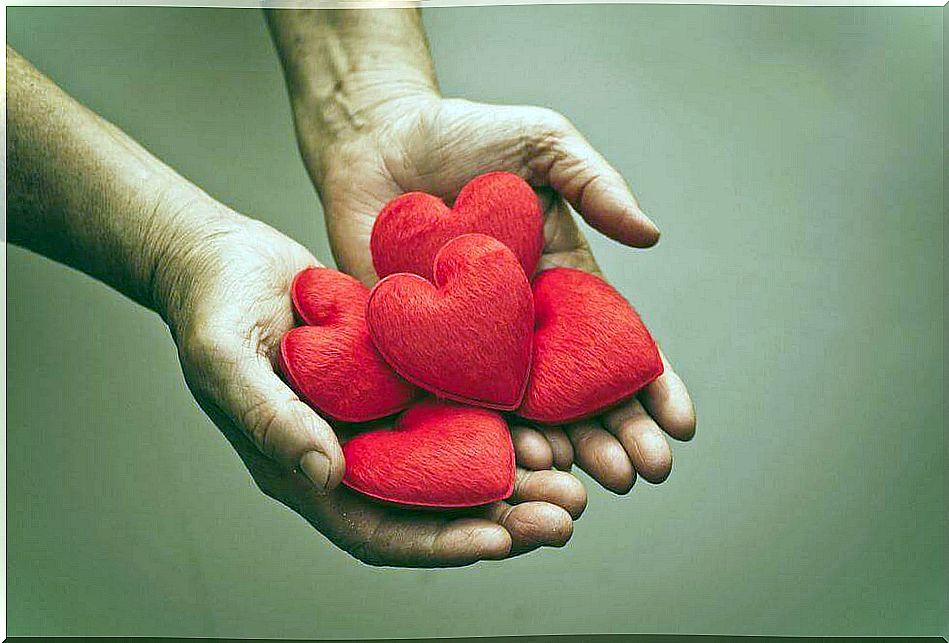7 Ways To Increase Gratitude In Your Children

Being grateful offers many benefits, ranging from physical to mental health. However, increasing gratitude among young people, especially teenagers, is particularly important.
Teenagers who know how to be and feel gratitude are more likely to be happy, less likely to have behavioral problems and to abuse drugs or alcohol. Teenagers who practice gratitude are also more optimistic about the future, which is very important when choosing the path to take from the point of view of studies.
However, regardless of the benefits of gratitude over adolescence, being young and grateful are not usually two terms that go hand in hand. Parents should stimulate their children’s gratitude. However, it is not easy. Here are some key points and tips to do this.
Be a model of gratitude
Like anything else you need to teach your children, to teach gratitude, you need to be a model of gratitude. As several studies show, teens are often confused about family values because parents say one thing and do another.

That is, it will do no good to tell your child to be grateful if he is not shown gratitude. For this, show yourself grateful for what is happening around you, from the beautiful day to a good meal that you are enjoying, for the time spent with your family; instead of complaining about everything and finding fault with everything.
Talk about what you thank for and what you value
Everyone can be grateful for different things. Valuing things is key to being grateful. It is important to talk about this in the family, in a clear way, sharing experiences and encouraging discussion.
Take advantage of difficult situations to show yourself grateful
It’s easy to be grateful when things don’t go well. However, it is not as easy to show gratitude when problems arise. It is in these difficult times that you need to bring out the best in yourself and help your children discover different reasons to be grateful.

Help your child find something to be grateful for, even at the worst times. Even when things don’t go their way, something good can come of it. You can always learn something, even when it comes to dramatic, disconcerting or unpleasant situations: they can lead to learning new things. Probably what causes them suffering today will help them be better tomorrow.
Create a wall of gratitude
Sometimes it is not easy to express gratitude or to find out what can awaken this feeling in us. A useful way to express yourself and find out is to create a wall of gratitude, a common place for all family members to post their messages of gratitude or photos of things they are grateful for.
The wall of gratitude functions as a creative approaching activity, which facilitates expression and helps us to know ourselves, encourages reflection and gives us the opportunity to discover and discover ourselves.
Help your child have goals in life
Teens who do something they are passionate about are much more likely to experience gratitude and be grateful. Help your child explore the different opportunities around them that may motivate and excite them. The tasks involved in volunteering are particularly suitable for learning to value what one has and to be grateful.

Increase intrinsic motivation in your child
External motivations can help teens to behave kindly towards others. However, if you want your child to behave selflessly and be grateful, you need to focus on their internal motivations.
Talk to your child about how he feels when he helps others and how gratitude improves his mood, as well as his general well-being. These benefits can motivate your child and cause him to experience gratitude more often.
Encourage your child’s independence
It is important for teens to feel a sense of independence and autonomy. When they are able to make healthy decisions for themselves and can get rewarded for the behavior they choose, and not just for what their parents tell them to do, teens are more likely to experience feelings of gratitude.
Help your child develop essential independence skills , such as problem solving and assertiveness skills. Also offer them all possible opportunities to make decisions on their own.









